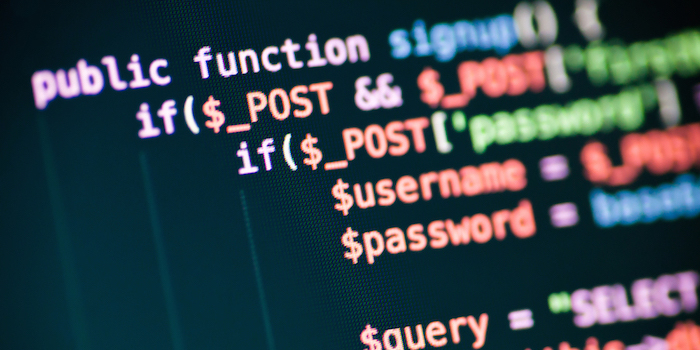Do you have trouble remembering the names and birthdates of people you know? Often forgetting what was taught in the last class or remembering the title of a book but not the content? Then it’s probably time to develop your memory. We’ll tell you what exercises and techniques you can use to do this effectively.

Use the chaotic scatter method
This method is a small exercise. Collect together small objects: buttons, paper clips, beads, matches, and similar. Arrange them chaotically on the table and remember the location of each piece. “Take a picture” and then mix and try to reconstruct the composition from memory.
An uncomplicated, interesting, and effective exercise. This approach allows you to learn how to memorize academic material so that you don’t have to look for an essay for sale to get a good grade.
Practice on Schulte’s Tables
Schulte tables are several tables with numbers or letters randomly arranged to develop speed-reading skills, improve peripheral vision, and develop memory. You should look strictly at the center of a Schulte chart, looking sideways to find numbers in ascending order or letters in alphabetical order.
For greater effect, these exercises should be performed every day, but no more than 10 times, and take breaks of about 15-20 minutes, so as not to overdo it.
Do exercise for your brain
In other words, neurobics. This method was invented by American neuroscientist Lawrence Katz. Scientist argues that when we do what we’re used to doing (brushing our teeth, showering, eating), we don’t concentrate, and the brain gets tired of the work.
To keep yourself energized, it’s enough to incorporate daily exercise into your life by activating one of the five human senses (smell, hearing, sight, taste, and touch). For example, taking a new route home; brushing one’s hair or teeth by changing hands; cooking new meals; rearranging the furniture in the house; and so on.
Resort to mnemonic techniques
This is memory training using conscious associations. Its essence is that you need to write down on a sheet of paper a set of unrelated words. Then try to draw parallels between them and still remember. You can master almost any textual information in this way.
Learn memory verses
One of the most common and accessible ways for everyone. Choose a poem you like and learn at least one a week. There are many advantages: it develops speech, memory, and increases erudition.
Install apps for memory development
There are many games and tasks for training different types of memory on the Internet, which can pull you in for good measure. Very popular and convenient applications are “Mnemonic”, “Memory”, “Super Memory. Mnemotechnics”, “NeuroNation – exercises for the brain”, and others. Test a couple of them, choose the one you like, and practice.
Eat properly
A balanced diet will keep the whole body healthy. But the brain, first and foremost, needs foods that have particularly important molecules: coenzyme Q10, lecithin, omega-3 fatty acids, vitamins, lipoic acid. We talk about the right diet for your brain here.
Don’t be lazy to give at least 10 minutes to each technique, alternating them by day, and you’ll notice how much easier it becomes for you to memorize large amounts of information for classes, exams, or for yourself. We wish you success!








